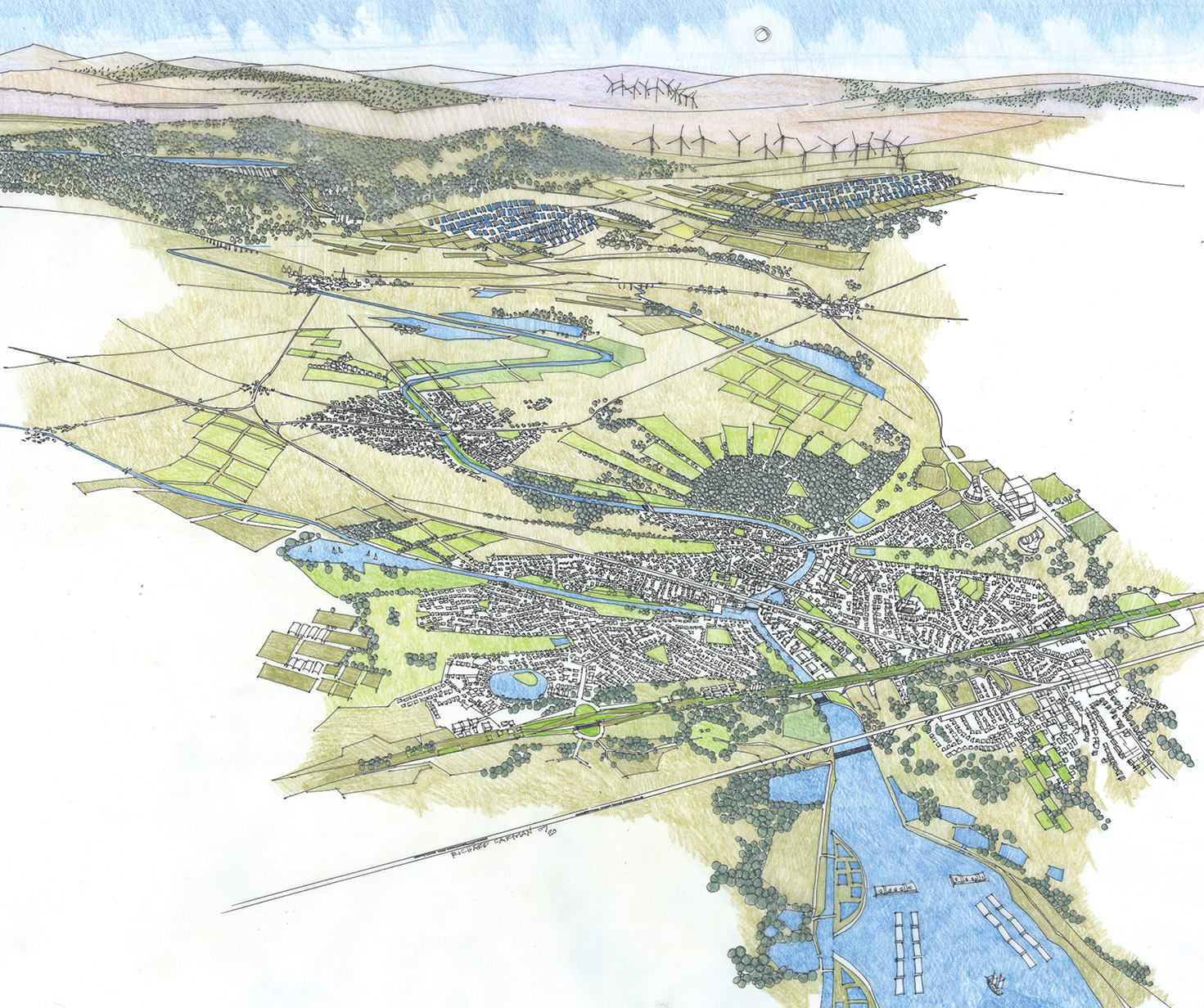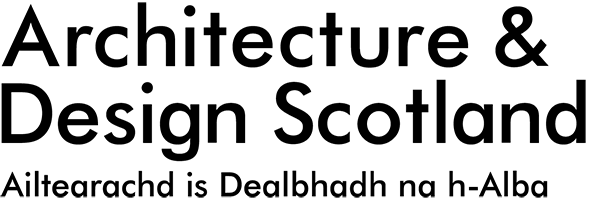Key Agencies Group Collaborative Local Development Plan Offer
Supporting six planning authorities in taking a place-based collaborative approach to preparing Local Development Plans.

Introduction
In 2023, the Key Agencies Group launched the Collaborative Local Development Plan offer in recognition of the challenges and opportunities that lie ahead for all involved in delivering on the ambitious new policy context set out in National Planning Framework 4 and Local Development Planning Guidance at a local level.
From 22 expressions of interest, the Key Agencies Group confirmed six local authorities for their diverse characteristics, providing a rich foundation for pulling out learning that can benefit other places. These include:
- Dundee
- Fife
- Highland
- Midlothian
- Renfrewshire
- Comhairle nan Eilean Siar (Western Isles)
We are leading the focused support together with partners from the Key Agencies Group, including the Scottish Environment Protection Agency, Historic Environment Scotland, NatureScot, Scottish Enterprise, Scottish Water, Transport Scotland, and Public Health Scotland, among others.
The Key Agencies Group is offering support to partners with the preparation and implementation of new-style Local Development Plans.
The initial focus is on supporting a place-based approach to evidence gathering and reporting, laying the foundations for potential ongoing collective work on spatial strategies, place briefs and masterplans at proposed plan stage.
What do we mean by a place-based collaborative approach?
For development plan preparation this calls for everyone with a role - relevant council services, key agencies, local communities, the development community and other communities of interest - to work together to understand needs, agree shared ambitions and align efforts at whole place and local area scale.
Pilot authorities taking part in the offer will go through the five steps in gathering evidence for their report. These include:
- establishing a whole-place collaborative approach with project team
- establishing whole-place collaborative approach with corporate team
- collective mapping of place-based evidence
- collective analysis of place-based evidence
- delivering a place-based evidence report
Why take this approach?
Our work with partner authorities through the Green Recovery Offer tells us there is great value and benefit to taking such a place-based collaborative approach. It can:
- support place leadership by planning, promoting a corporate and collaborative approach to plan-making and helping overcome organisational and sectoral boundaries
- enable development of collective understanding of place needs and opportunities
- inform development of shared ambition and outcomes for places, helping relevant strategies and investment decisions become more aligned in the long-term public interest
- establish the culture and processes needed for later work on spatial strategy and place briefs as part of place-based, people centred, delivery focussed development plan
A new way of gathering evidence for Local Development Plan preparation
To support wider planning teams to apply a similar approach in their plan preparations we have launched a new resource package. Part one of Place skills for plan-making sets out steps and resources to support a place-based collaborative approach to evidence gathering.
Updates related to the offer
We will continue to update this page with the latest news and blogs related to the offer. Click on the headings below to learn more about what we have been up to so far.
(August 2023) Architecture and Design Scotland shares insight into the Key Agencies Group ongoing pilot work, supporting Fife Council to prepare an evidence report for a new-style Local Development Plan.
(May 2023) Six local authorities have been confirmed for the Key Agencies Group Collaborative Local Development offer.
(March 2023) 22 local authorities across Scotland have expressed their interest in the Key Agencies Group's new offer which aims to support collaborative place-based approaches to development plan preparations.
Header image credit: Richard Carman
